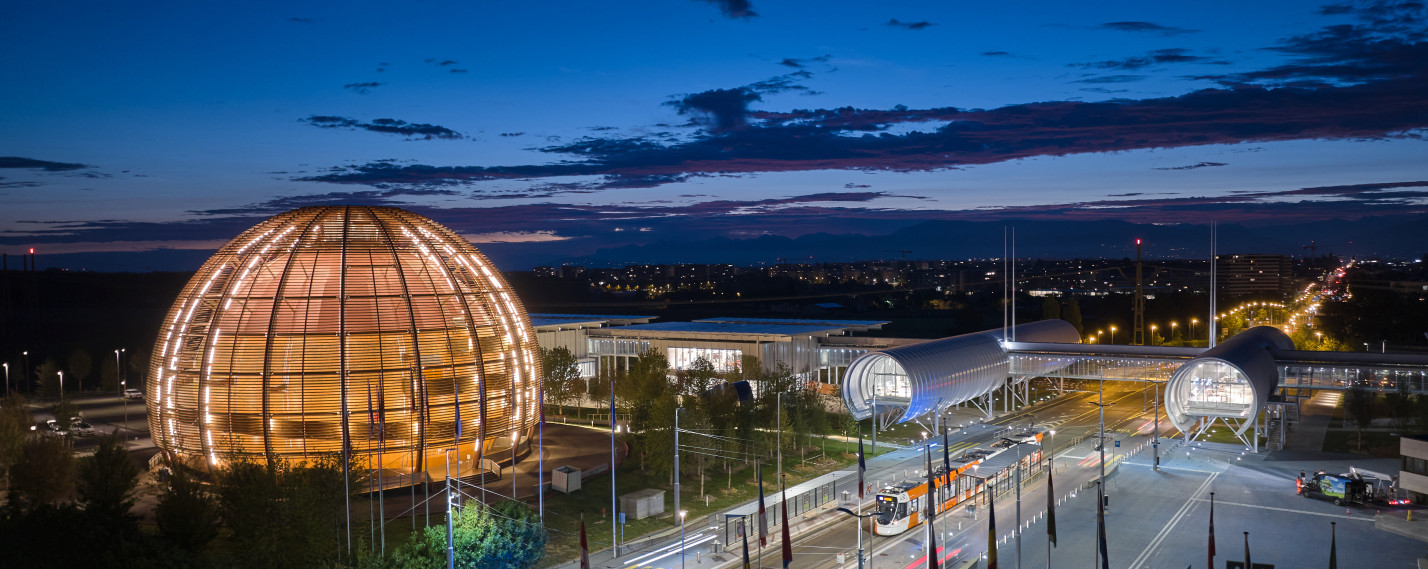Speaker
Description
Superconducting radio frequency (SRF) cavities are critical components in particle accelerators, where accurately calibrated RF signals are essential for assessing cavity bandwidth and detuning, providing key insights into cavity performance and facilitating optimal accelerator operation. In practice, however, calibration drift due to humidity and temperature fluctuations over time poses a significant challenge, potentially resulting in suboptimal operation and reduced efficiency. This study examines long-term calibration drifts and explores how environmental variables such as humidity and temperature affect this phenomenon. Relative humidity, in particular, is difficult to control and has been shown to have a strong impact on calibration drift. Building on these insights, we introduce machine learning-based approaches to forecast both relative humidity and calibration drift in SRF cavities. By leveraging advanced algorithms and historical data on cavity operation and performance, we develop predictive models that identify patterns and trends indicative of relative humidity and calibration drift. Two approaches are presented in this work, including a polynomial NARMAX model and an attention-based deep neural network. These models are trained and validated with real-world environmental and operational data, demonstrating their effectiveness in predicting relative humidity and calibration drift. This forecasting methodology enables real-time drift compensation and timely, automated recalibrations of RF signals, ultimately enhancing overall system stability and performance.
